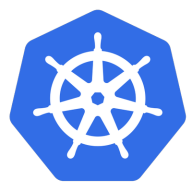

Find out what your peers are saying about Red Hat, Amazon Web Services (AWS), Broadcom and others in Container Management.
| Product | Market Share (%) |
|---|---|
| Kubernetes | 6.2% |
| Google Container Engine | 0.2% |
| Other | 93.6% |


| Company Size | Count |
|---|---|
| Small Business | 25 |
| Midsize Enterprise | 9 |
| Large Enterprise | 47 |
Google Container Engine is a powerful cluster manager and orchestration system for running your Docker containers. Container Engine schedules your containers into the cluster and manages them automatically based on requirements you define (such as CPU and memory). It's built on the open source Kubernetes system, giving you the flexibility to take advantage of on-premises, hybrid, or public cloud infrastructure.
Kubernetes (K8s) is an open-source system for automating deployment, scaling, and management of containerized applications.
It groups containers that make up an application into logical units for easy management and discovery. Kubernetes builds upon 15 years of experience of running production workloads at Google, combined with best-of-breed ideas and practices from the community.
We monitor all Container Management reviews to prevent fraudulent reviews and keep review quality high. We do not post reviews by company employees or direct competitors. We validate each review for authenticity via cross-reference with LinkedIn, and personal follow-up with the reviewer when necessary.